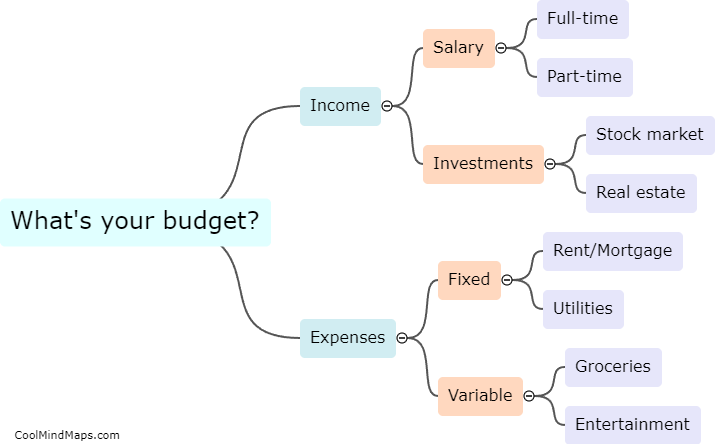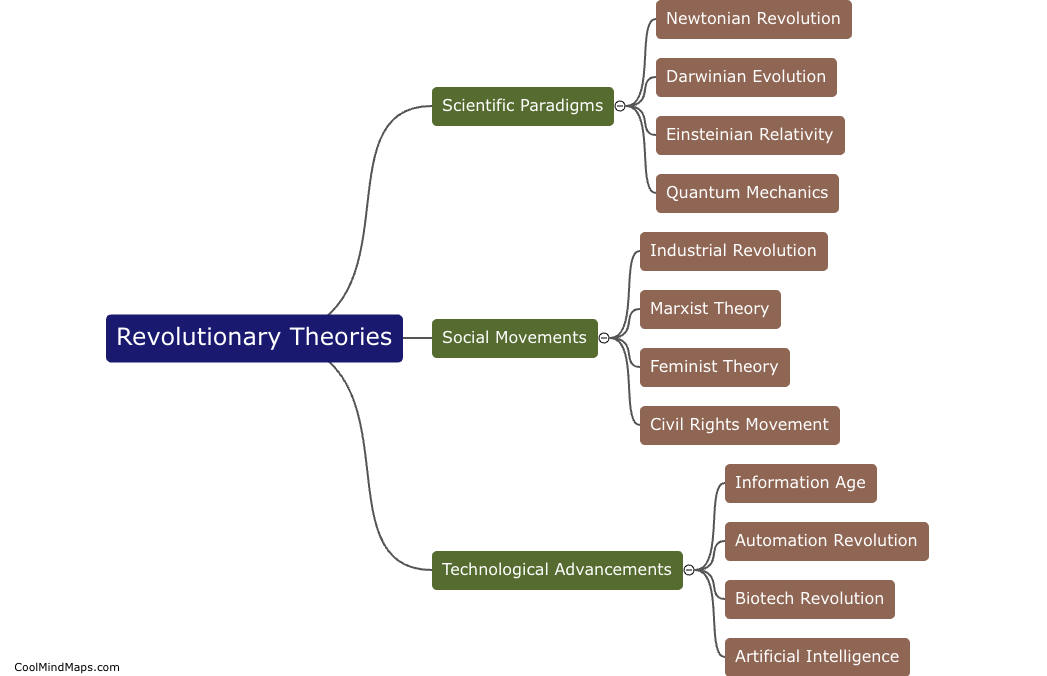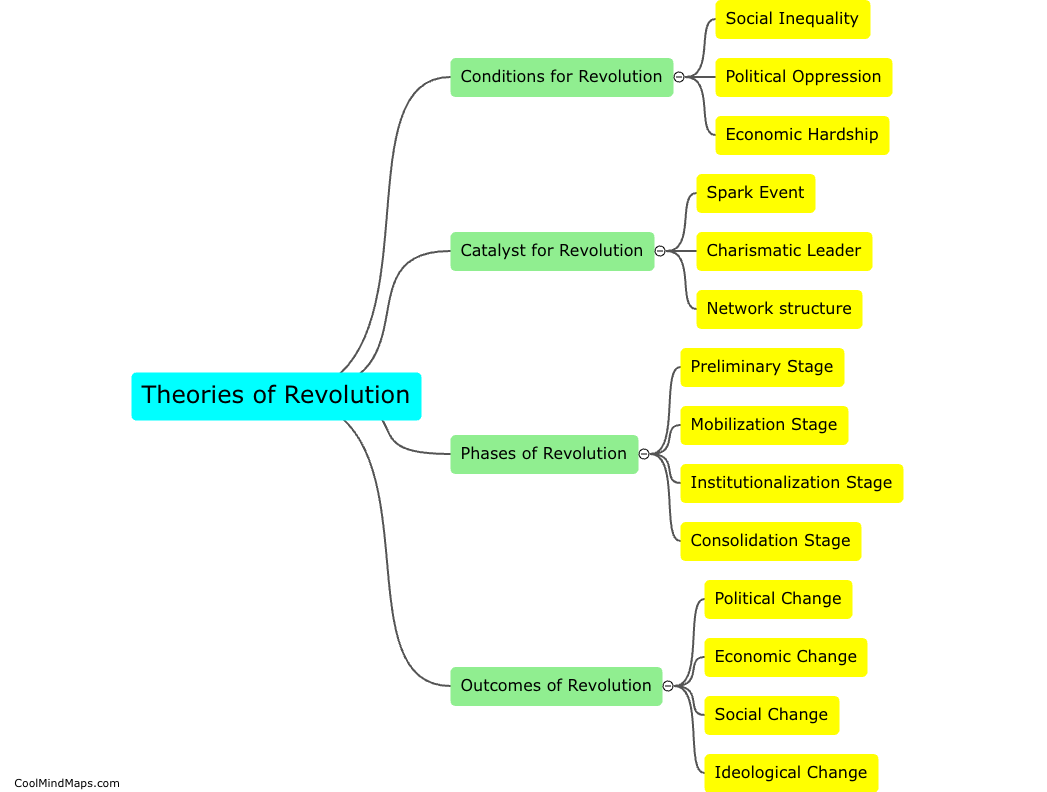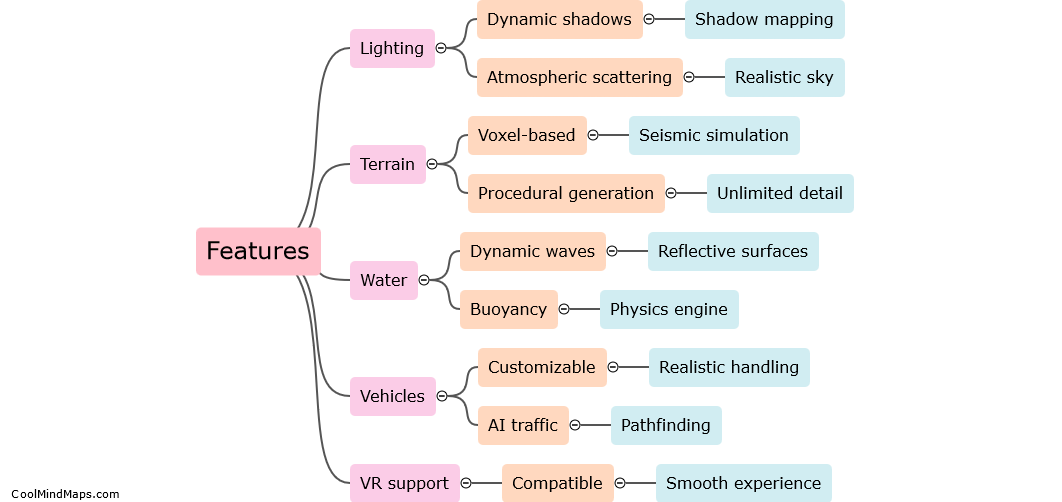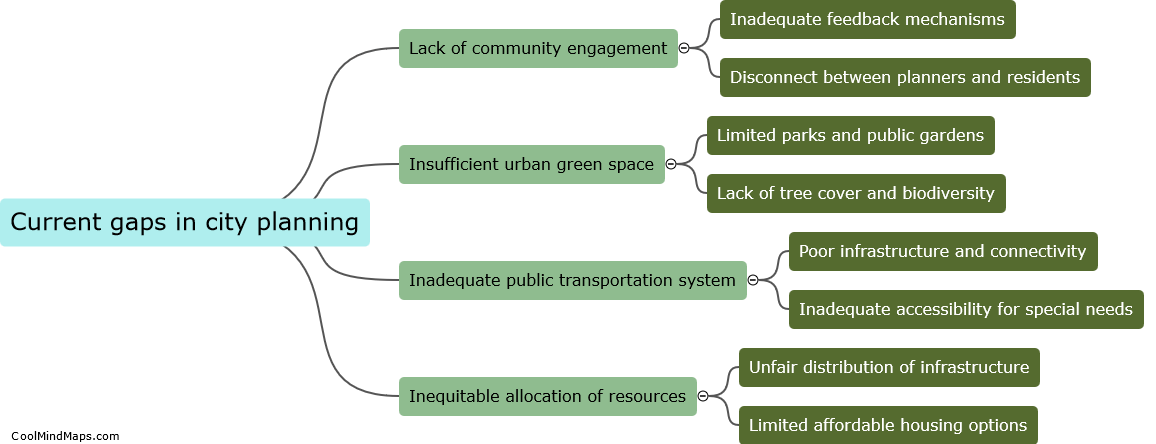How do theories of revolution differ?
Theories of revolution differ in terms of the causes of revolution, the role of the masses, and the outcomes of revolutionary movements. Marxist theorists view revolution as a necessary stage in the historical development of society, driven by contradictions between social classes. Weberian theorists emphasize the role of charismatic leaders in mobilizing political movements. Structural-functionalists see revolution as a response to institutional failures. Post-colonial theorists focus on the idea of revolutionary struggle against colonial oppression. Feminist theorists argue that gender inequality is a key factor in revolutionary movements. Liberal democratic theorists emphasize the need for peaceful democratic transitions. Overall, there is a wide range of theories on revolution that offer different perspectives on the complex process of political upheaval and social change.

This mind map was published on 14 June 2023 and has been viewed 128 times.

